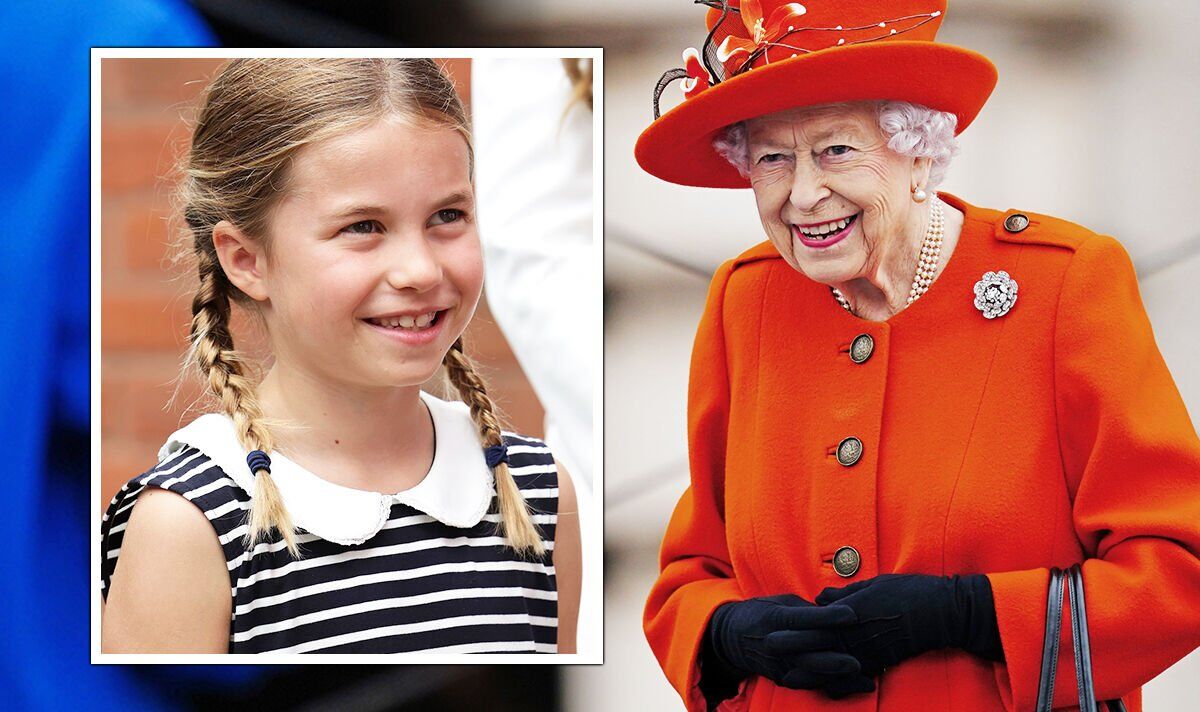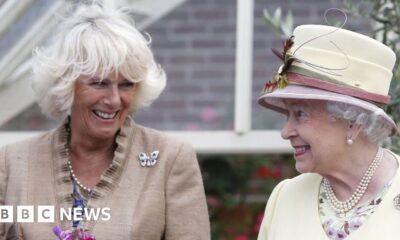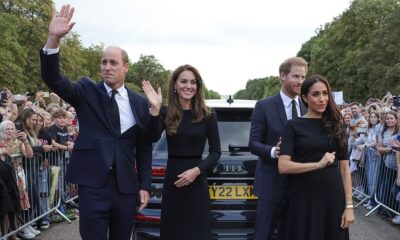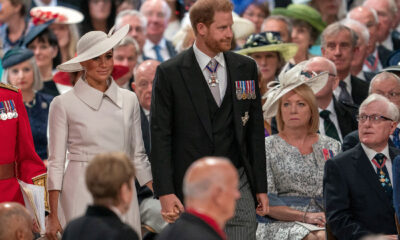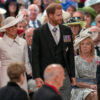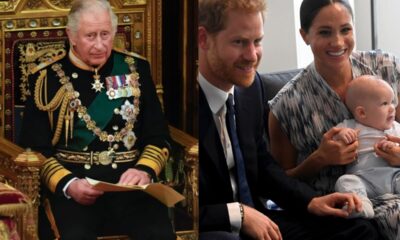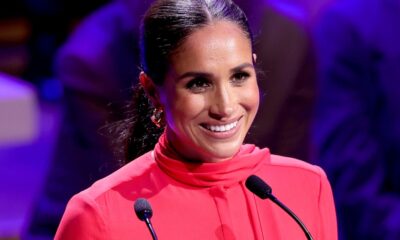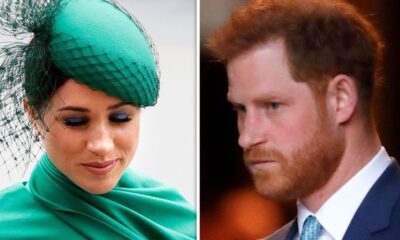Royal Family News
Queen Elizabeth II Saves Princess Charlotte from Unfair Succession Shift
Princess Charlotte, the seven-year-old daughter of Prince William and Kate Middleton, has been spared from the unfair shift in royal status that affected her great-aunt, Princess Anne, thanks to a special rule change made by Queen Elizabeth II.
The Queen's beautiful gesture ensured that Charlotte would not be bumped down the line of succession simply because of her gender.
The Succession of the Crown Act was issued by the Queen before the birth of Prince George in July 2013, which updated outdated and discriminatory legislation relating to the monarchy.
The act abolished male primogeniture, allowing the first-born child irrespective of gender to become heir apparent.
It also removed the disqualification from inheriting the throne by marrying a Catholic and repealed the Royal Marriages Act of 1772, resulting in only the first six in line to the throne being required to obtain the sovereign's permission.
The Queen's act also benefited William and Kate's children, as she altered a 1917 royal warrant that would have prevented their three children from taking HRH titles.
Under George V's 1917 warrant determining who and who could not be in HRH, the children of Princess Elizabeth of Edinburgh would fall foul of it until such times as she became Queen.
Trending:
As a female, Elizabeth could not pass on to her children the styles and titles of HRH and Prince and Princess, only male children of a sovereign could.
When she was due to give birth in 1948, it was realized that any child she had, despite being second in line to the throne, would not have royal status and be born a commoner.
Accordingly, her father, George VI, issued letters patent regulating the situation and ensured that in this instance, as Elizabeth was heir to the throne, her children would enjoy the style HRH and have the title Prince or Princess.
The Queen herself was called upon to make a similar change when it came to the birth of Prince George.
As the great-grandson of the sovereign, he, like Prince Charles before him, would have been born without royal style or title under George V's warrant of 1917.
Just as her father had done, the Queen issued letters patent to remedy the situation.
Princess Anne was bumped down the line of succession to the throne when the Queen and Prince Philip's sons Prince Andrew and Prince Edward were born.
This subsequently put her in the same position as Princess Charlotte when she was born as the Queen and Prince Philip's second child.
However, the Queen's special rule change means that Charlotte remains third in line to the throne behind her father William and Prince George.
The Queen's act sought to bring multiple pieces of outdated and discriminatory legislation relating to the monarchy up to date.
It is one of the many outstanding achievements of the longest-serving British monarch, who has reigned over the country for more than 70 years and leaves behind a generation that will never be forgotten.
In other news, Kate Middleton is reportedly trying to make peace between Prince Harry and Meghan Markle and the struggling firm.
An inside source close to New Idea magazine revealed that Kate got on so well with Harry before Meghan came along and knows things are not well between the brothers right now, so she's happy to be the go-between.
The insider also revealed that Kate is ready to beg her brother-in-law to stop the petty potshots once and for all.
Queen Elizabeth II's special rule change ensures that Princess Charlotte will not suffer the same unfair shift in royal status that affected her great-aunt, Princess Anne.
The Queen's act is one of her many outstanding achievements as the longest-serving British monarch.
Meanwhile, Kate Middleton is trying to make peace between Prince Harry and Meghan Markle and the struggling firm.
Top stories:

